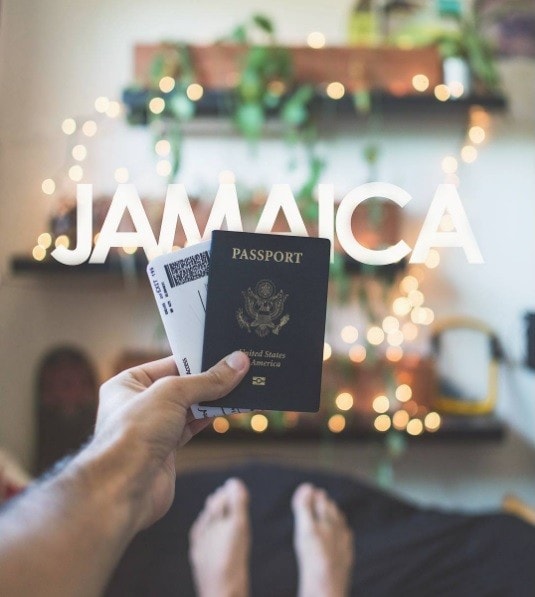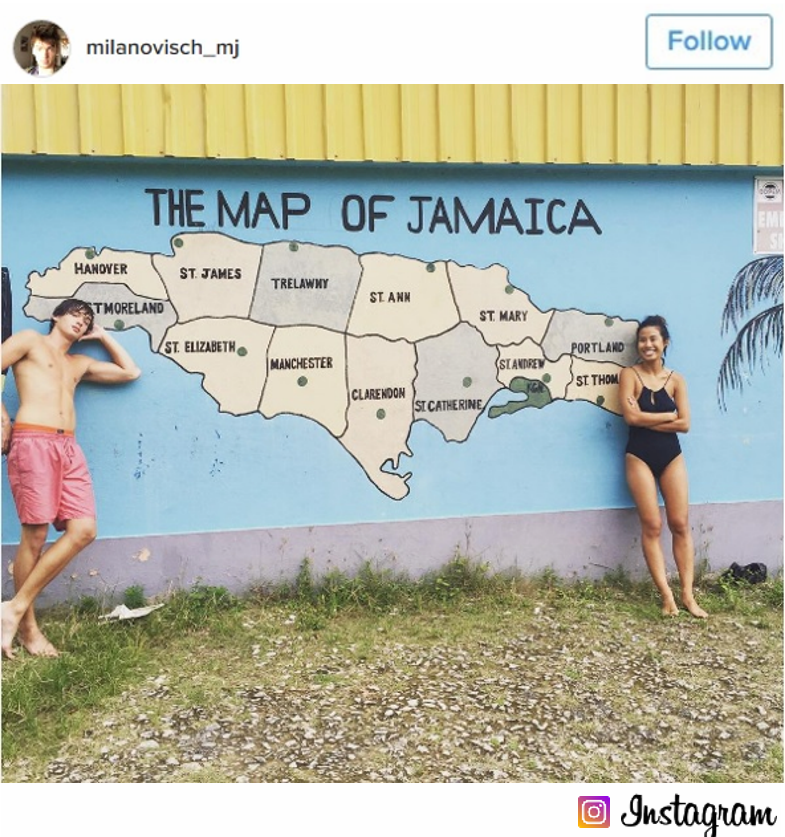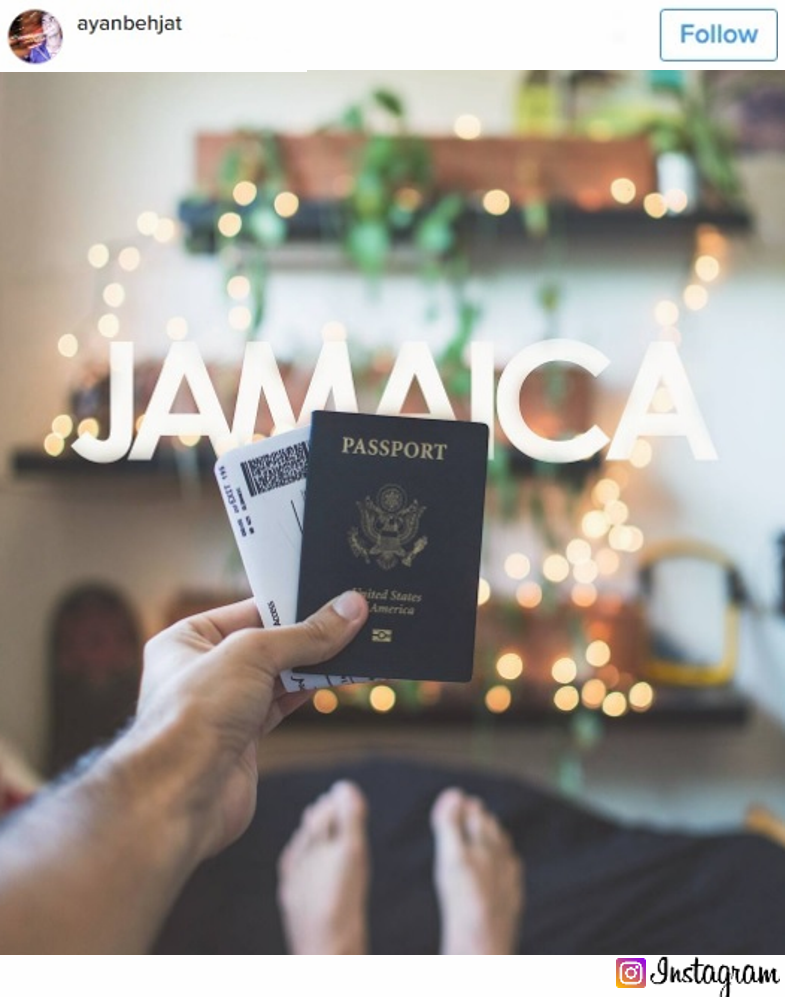Ridiculus sociosqu cursus neque cursus curae ante scelerisque vehicula.

Things to Know About Vacationing in Jamaica

The Caribbean island nation of Jamaica, a member of the British Commonwealth, gained its independence in 1962 and is governed by a constitutional parliamentary democracy patterned after the United Kingdom’s model. The economy of the country is primarily service-based and tourism is its primary source of foreign exchange, according to the US Department of State. Vacationers are drawn to the island for numerous reasons, including its natural beauty, unique music and cuisine, and temperate climate.
Identification
Jamaica permits US citizens to enter the country without a visa provided they have a valid passport or a return ticket to the United States proving their right to re-enter the United States, according to the Jamaican embassy in Washington, D.C. Minors require only a valid identification card. The embassy notes that copies of birth certificates are not considered acceptable forms of identification. The US Department of State’s Bureau of Consular Affairs reminds US citizens that Americans who travel outside of the United States must present a valid passport or Western Hemisphere Travel Initiative-compliant document, depending on mode of travel, to re-enter the United States.
Safety
Certain areas of Jamaica, including sections of Montego Bay and Kingston, might be dangerous and should be avoided if possible, according to the US Department of State. A travel warning issued by the US Department of States Bureau of Consular Affairs on May 23, 2010, and in effect as of June 24, 2010, indicated clashes between criminal elements and Jamaican government security forces in the region in and around Kingston. The bureau encourages US citizens visiting Jamaica to register with the US Department of State. While violence is possible, the bureau notes that the most common crime against tourists is theft.
Currency
The official monetary unit in Jamaica is the Jamaican dollar and Jamaican law requires its use for all transactions involving goods and services. According to the Jamaica Tourist Board, there are numerous commercial banks available in all tourist and resort areas to exchange currency. The Jamaica Tourist Board advises visitors to shop for the best available exchange rate. Most businesses that cater to tourists accept credit cards and many ATMs honour Visa and MasterCard bank cards.
Health
The US Centers for Disease Control and Prevention recommends that people planning a vacation in Jamaica obtain all required vaccinations and immunizations at least four weeks prior to departure to allow time for the medications to take full effect. The CDC notes that while many childhood diseases have been virtually eliminated in the United States, they are still a concern in many other areas of the world. Routine vaccinations including the MMR and DPT should be up to date. The CDC further recommends travellers be vaccinated against hepatitis A and B and typhoid. The risk of malaria is considered low in Jamaica, but the CDC recommends that travellers take appropriate measures to protect themselves from mosquito bites.
Local Customs
Keep in mind that Jamaicans drive on the left side of the road. The speed limit is posted in kilometers per hour and is limited to 50 kph -- approximately 30 mph -- in congested areas and 80 kph, or about 50 mph, on highways, according to the Jamaica Tourist Board. An international driver’s license is permitted and residents of North America are permitted use their local driver’s license for up to three months. Jamaica runs on 110-volt electricity. Dogs and cats from North America are not permitted. The water system in Jamaica is purified and filtered and is considered safe for drinking, washing and bathing. English is the country’s official language, though many native Jamaicans speak patois (local dialect).

Thank you to the following persons for contributing their images, these images are owned by the right’s holder named below and as shown on the respective Instagram account: